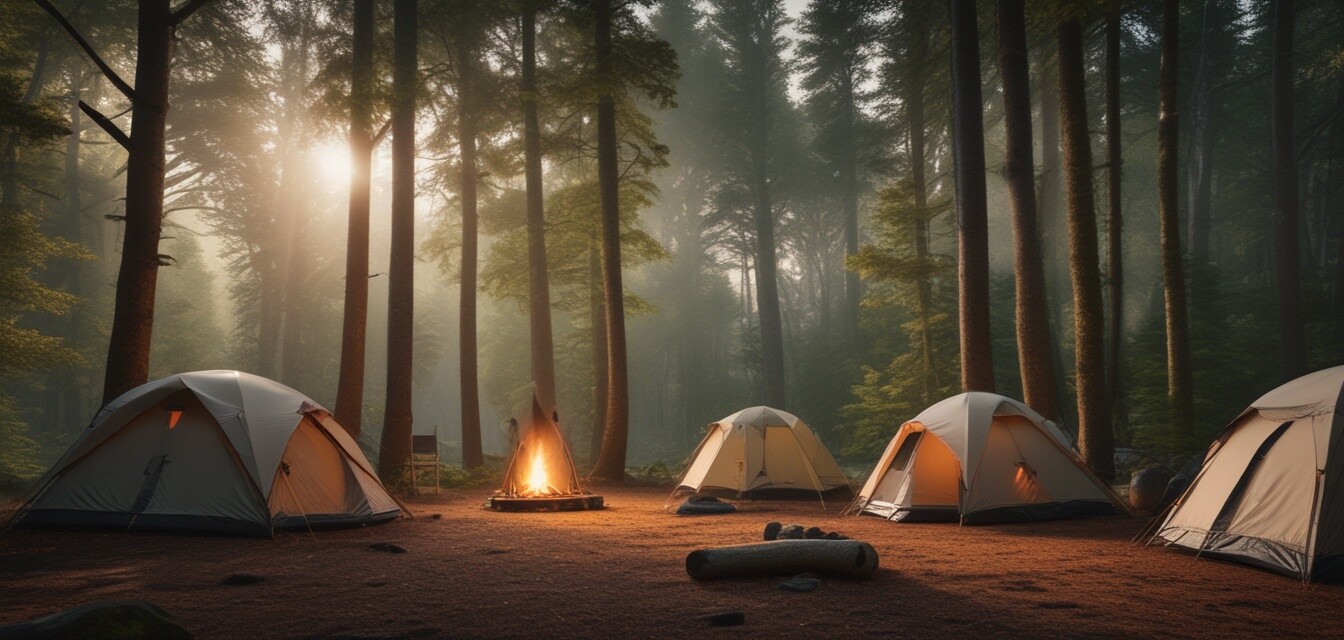
How to Manage Your Camp Budget
Key Takeaways
- Set a clear budget before planning your camping trip.
- Prioritize essential gear to maximize your experience.
- Account for additional expenses such as food and permits.
- Consider alternatives to reduce costs without sacrificing quality.
- Use our budgeting template to keep track of your expenses.
Camping can be an incredible experience that allows you to connect with nature and unwind from the daily grind. However, it can also become quite expensive if not managed correctly. In this article, we will explore practical tips to help you budget effectively for your camping trips. Whether you’re a rookie or have a couple of trips under your belt, managing your camp budget is essential for an unforgettable adventure.
Understanding the Components of Camping Expenses
Before diving into budgeting, let’s take a look at the various components of camping expenses that you need to consider.
| Expense Type | Examples | Estimated Cost |
|---|---|---|
| Gear and Equipment | Tents, backpacks, sleeping bags | $250 - $1000 |
| Camping Fees | Campsite reservations, permits | $20 - $50 per night |
| Food and Cooking Supplies | Groceries, cooking gear | $50 - $150 per trip |
| Transportation | Gas, maintenance | $30 - $100 |
| Miscellaneous | Insurance, repair costs | $40 - $100 |
Setting Your Budget
Here’s how to effectively set your camping budget:
- Calculate Your Total Budget: Determine how much you can afford to spend, considering your financial situation.
- List Necessary Gear: Create a list of essential gear you need for camping. Don’t forget to check your existing equipment.
- Research Costs: Look at the costs associated with each expense type listed above.
- Prioritize Expenses: Decide what you need versus what you want. This will help you stay within budget.
- Allocate Funds: Distribute your total camping budget across the various expense categories.
Tips for Saving on Gear
Buying camping gear can be a significant portion of your budget. Here are some tips to save money:
- Shop during sales or at outlet stores.
- Consider buying used gear in good condition.
- Rent gear instead of buying for one-time use.
- Join online forums or groups where you can borrow or trade gear.
Additional Expenses to Consider
Aside from gear, remember to account for these additional costs:
- Food Planning: Plan meals and snacks ahead of time to avoid overspending.
- Activities & Entertainment: Factor in any fees for park attractions or hiking permits.
- First Aid & Safety: Always ensure you have a first aid kit accessible for emergencies.
Using a Budget Template
To simplify your budgeting process, consider creating or using a budgeting template. You can include categories for each expense type, estimated costs, and final costs. This will help you track your expenses as you plan your trip.
Final Thoughts
With careful planning and budgeting, your camping experience can be enjoyable without breaking the bank. Remember to prioritize essentials and look for ways to save on gear and additional expenses. Happy camping!
Beginners' Tips
- Always check weather forecasts before you leave.
- Pace yourself; don't pack too much to avoid excess weight on hikes.
- Familiarize yourself with your camping gear before your trip.
- Consider joining a group or a partner initially for safety and support.
Pros
- Enhances family bonding and friendships.
- Provides a chance to disconnect from technology.
- Promotes physical activity and outdoor skills.
Cons
- Can be overwhelming for first-timers.
- Requires proper planning and organization.
- Weather dependency may affect plans.
Explore More Camping Tips
For more insights and helpful tips to elevate your camping experience, be sure to explore our other articles: